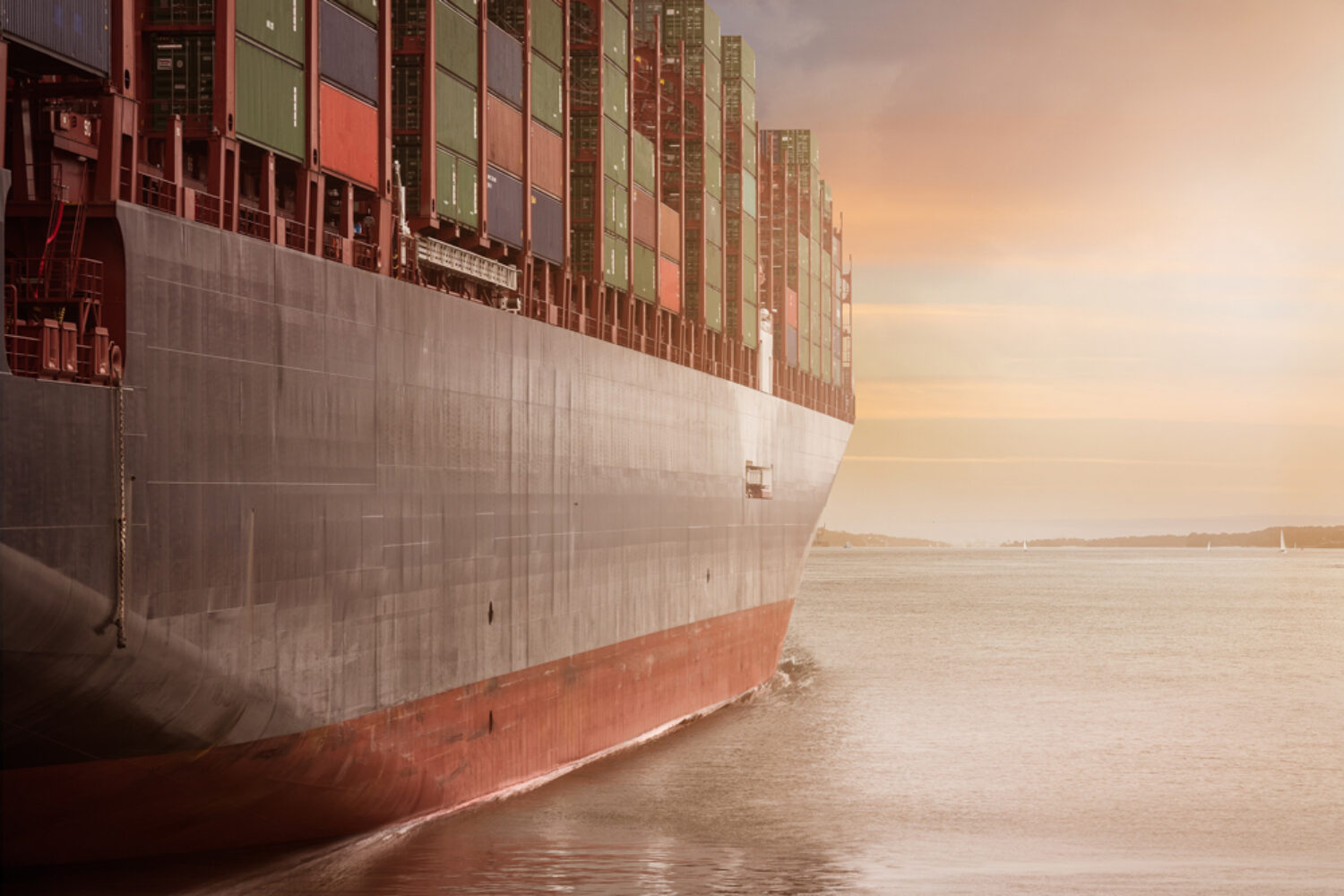The World Shipping Council (WSC) has welcomed the balance between sustainability and competitiveness that the EU Commission has struck in its Competitiveness Compass.
The Compass, published on January 30, is intended to form the basis for the EU’s Clean Industrial Deal. However, the WSC, the voice of international container liner shipping companies, is calling on the Commission to recognize that the liner shipping industry is investing in Europe and urges the Commission to support the sector on its journey to decarbonize supply chains, promote open trade and protect critical sea lanes from geopolitical disruption.
“We are pleased that the Commission recognizes that decarbonization can increase competitiveness and that it is committed to linking this to EU economic, competition and trade policies,” said WSC President and CEO Joe Kramek. “This is the moment for Europe to seize the opportunity to help shipping contribute to the competitiveness of a sustainable future EU economy,” he said.
The new measures are designed to de-risk investments in renewable energy and in the production and distribution of renewable and low-carbon fuels. These steps are crucial for Europe to establish itself as a maritime energy hub.
Strengthening of supply chains
With exports worth over €2 trillion to the EU every year, the movement of goods across the seas is crucial for Europe. In fact, 90% of the volume of goods are imported into and exported from the EU by sea. These ships connect Europe to over 900 ports worldwide, reaching key markets and forging important international links.
The Commission’s commitment to make the completion of the EU internal market and the reduction of bureaucracy a priority is welcomed by both shipping companies and shippers.
Goal: a maritime transport area without barriers
In order to achieve this goal, a maritime transport area without barriers must be created in the coming years, customs formalities for goods transported by sea within the EU must be abolished, external border controls must be tightened, regulations must be harmonized and bureaucracy must be further reduced.
The WSC welcomed the Commission’s recognition that partnerships with industry are crucial to improving legislation and policy and called for this approach to be applied to policy design and implementation.













